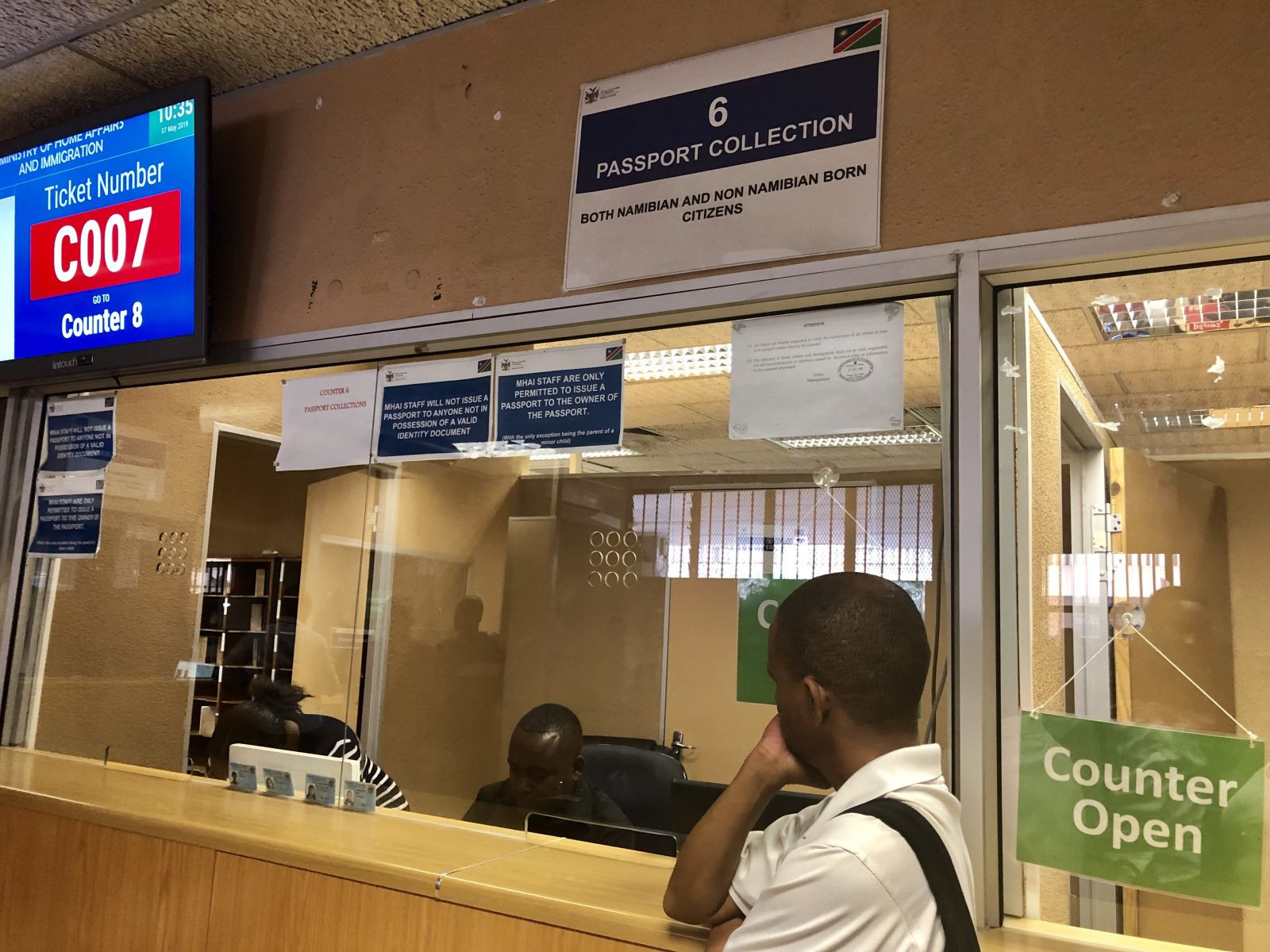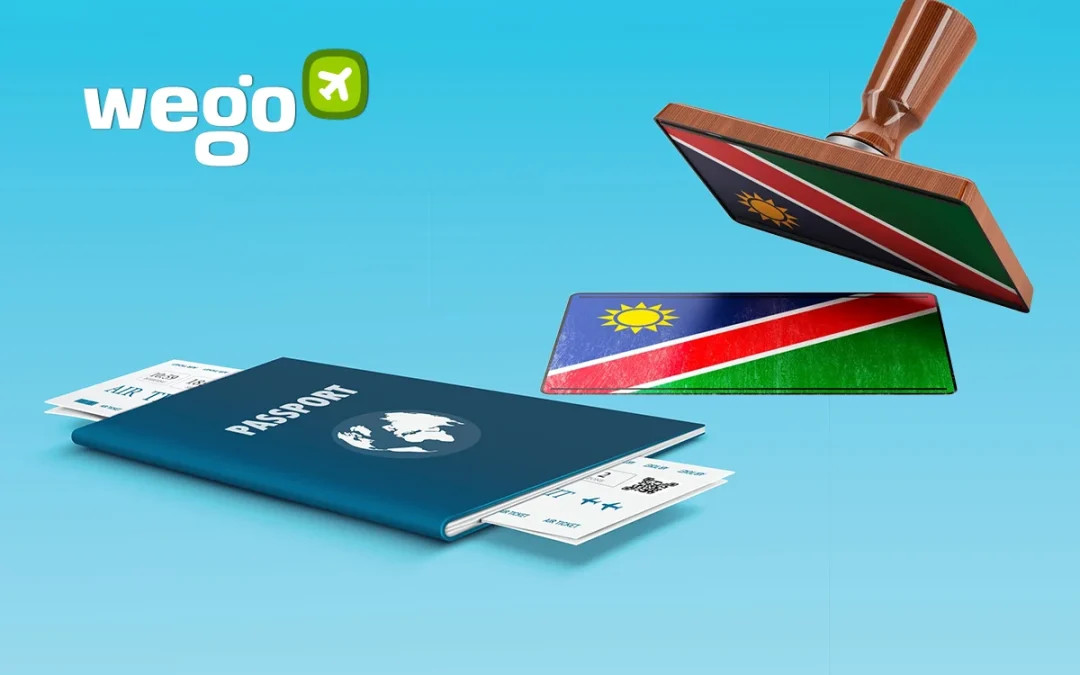Namibia, known for its breathtaking landscapes and diverse wildlife, is set to implement a new visa policy, impacting travel plans for citizens of 30 countries. Starting April 2025, travelers from these nations, previously granted visa-free entry for short-term visits, will be required to obtain a visa upon arrival. The move, driven by concerns over a lack of reciprocity, has sparked discussions about the fairness of visa policies and the potential implications for tourism and diplomatic relations.
The Namibian government has stated that the decision was made in response to the difficulties faced by Namibian citizens seeking visas to travel to several countries. This disparity, according to authorities, necessitates a visa requirement to ensure fair and balanced diplomatic interactions. Notably, the new policy will affect travelers from 20 European countries, including Germany, the United Kingdom, as well as Canada, Japan, and the United States.
The decision to impose visa requirements has been met with mixed reactions. Some have argued that the move is justified, highlighting the difficulties faced by Namibian citizens attempting to obtain visas for travel to these countries. Others, however, have expressed concerns about the impact on tourism and the potential for strained diplomatic relations. It remains to be seen how the implementation of this policy will affect travel patterns and the overall tourism industry in Namibia.
The Namibian government has asserted that the policy is not intended to discourage tourism but rather to ensure a level playing field in visa policies. They have also emphasized that the visa application process will be streamlined to minimize inconvenience for travelers. However, the practical implications of the policy remain unclear. For instance, it is yet to be determined how the new visa requirements will affect existing travel plans and bookings, potentially leading to cancellations or re-routing.
This move by Namibia highlights the complex and often contentious nature of visa policies. It raises questions about the balance between national security, diplomatic relations, and the ease of travel. As more countries implement or revise their visa regulations, it becomes crucial to assess the impact on tourism, economic development, and the overall flow of people across borders. This new policy in Namibia serves as a reminder of the ongoing evolution of visa regimes and the need for greater transparency and clarity in their implementation. The decision to impose visa requirements is a bold step by the Namibian government, signaling their commitment to ensuring reciprocity in visa policies. The effectiveness and impact of this policy will be closely watched in the coming months and years, shaping the future of travel to and from Namibia.
Implications for the Tourism Industry
The new visa policy has the potential to impact tourism in Namibia, both positively and negatively. While the move might deter some potential visitors, it could also incentivize other countries to reciprocate by easing visa requirements for Namibians. The long-term impact on the tourism industry remains to be seen and will likely depend on factors such as the efficiency of the visa application process, the overall cost of obtaining a visa, and the response of the affected countries.
Potential Increase in Tourist Revenue
One potential outcome of the policy could be an increase in tourist revenue from countries that have traditionally had more relaxed visa requirements for Namibians. As these countries face tighter restrictions, travelers from these nations might choose to explore alternative destinations within the region, potentially boosting tourism revenue in Namibia.
Potential Decline in Tourist Arrivals
However, the policy could also lead to a decline in tourist arrivals from the 30 countries affected by the new visa requirements. The added cost and complexity of obtaining a visa might deter some potential visitors from choosing Namibia as their travel destination. This could result in a loss of tourist revenue and have a negative impact on the tourism industry.
Reciprocity and Diplomacy
The Namibian government’s decision to impose visa requirements on 30 countries is a clear demonstration of its commitment to achieving reciprocity in visa policies. This approach reflects a growing global trend, with countries increasingly seeking to ensure fair and equitable treatment of their citizens when traveling abroad. The implementation of this policy could serve as a catalyst for other nations to reconsider their own visa policies and potentially introduce reciprocal measures.
Strengthening Bilateral Ties
The move could also foster stronger bilateral ties between Namibia and other countries. By addressing the issue of visa reciprocity, Namibia is sending a clear message to the international community that it values fair and equal treatment in diplomatic relations. This could pave the way for more productive discussions on visa policies and other areas of mutual interest.
Potential for Diplomatic Tensions
However, the new policy also has the potential to create diplomatic tensions, particularly with countries that have historically had strong ties with Namibia. The perception of being unfairly targeted could lead to strained relations and complicate discussions on other issues. The Namibian government will need to carefully manage the implementation of this policy to minimize any negative impact on diplomatic relations.
Looking Ahead: A Shift in the Travel Landscape
The Namibian government’s decision to implement visa requirements for 30 countries is a significant shift in the travel landscape. It marks a departure from the previous policy of visa-free entry for these nations and reflects a growing emphasis on reciprocity in visa policies. While the impact of this policy remains to be seen, it is likely to have a profound effect on both tourism and diplomatic relations in the region. The success of the policy will depend on factors such as the efficiency of the visa application process, the overall cost of obtaining a visa, and the response of the affected countries. As Namibia navigates this new phase of its visa regime, it will be crucial to monitor the policy’s impact on travel patterns, tourism revenue, and bilateral relations with the affected countries. Only then will the true implications of this policy become fully apparent.


















